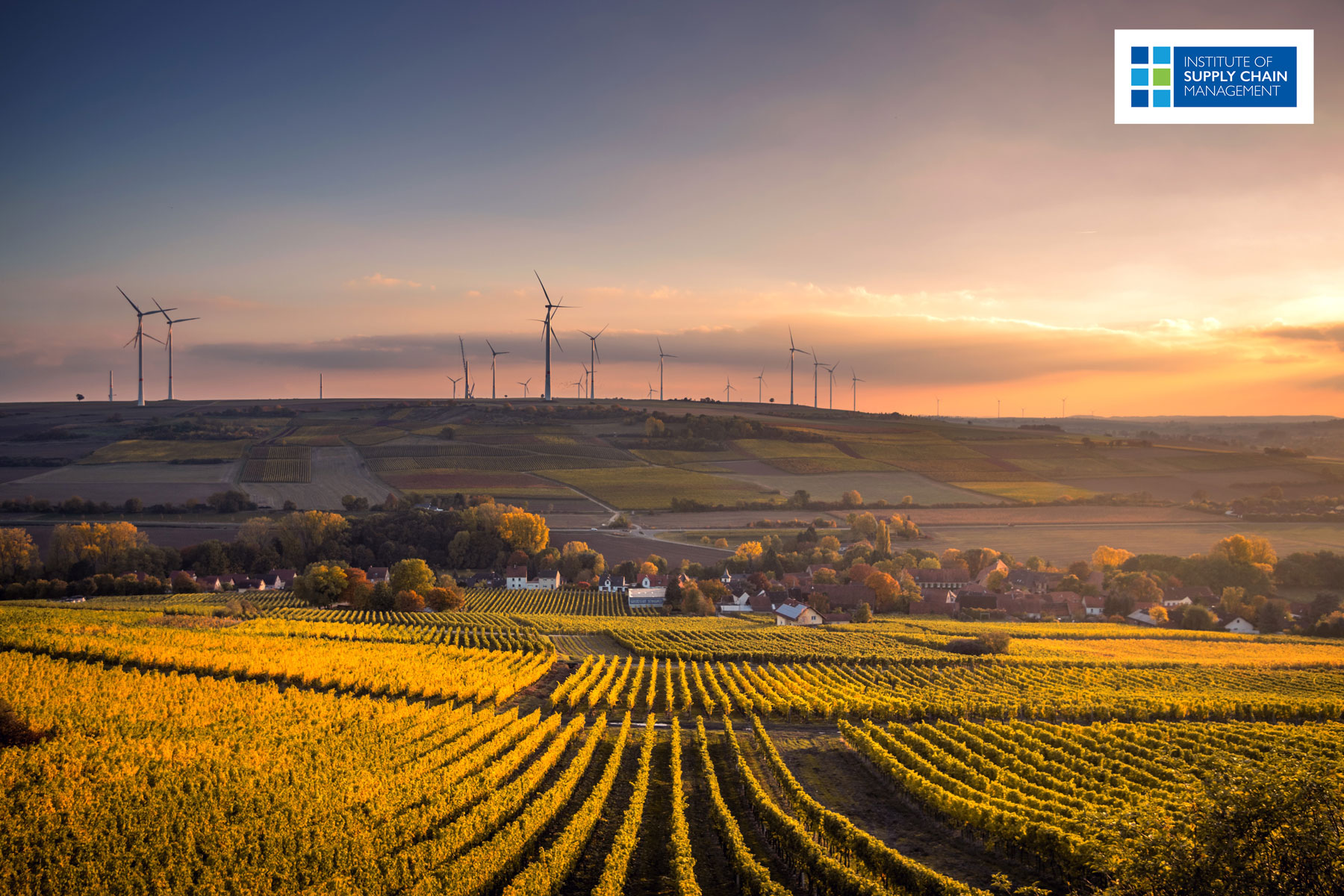
Karsten Wurth on Unsplash
In the agricultural supply chain market, a lot has changed over recent years, but, equally, a lot has also remained the same.
Many suppliers of equipment, feed, and other materials still use wooden pallets and single-use plastic bags to transport their products.
These solutions can be incredibly wasteful and make agriculture supply chains unsustainable. For more information on why reusable plastic products are the future of agricultural supply chains, read on.
What’s Wrong With Wood?
As it’s a natural material that’s easy to recycle, it’s easy to think that wood is a sustainable material. However, in the agricultural supply chain, it can use more resources and energy than reusable plastics.
That’s because wooden pallets are incredibly wasteful, as it takes a lot of trees to produce enough pallets to distribute all of the agricultural materials that farms around the world need. That’s a lot of trees that could instead become fuel, paper or sustainable alternatives to single-use plastics!
Also, wooden pallets are heavier than reusable plastic ones, like those offered by Reusable Transport Packaging, the leaders in environmentally-friendly, reusable plastic containers. Using lighter pallets and containers reduces the amount of fuel that it takes to transport the pallets.
In some cases, wooden pallets are treated with harmful chemicals, making these pallets unsuitable for carrying items such as animal feed and anything that could eventually enter the human food supply chain.
As such, a reusable plastic pallet will use less energy than a wooden one by the time it reaches the end of the supply chain.
Reusable plastic is also more durable than wood, and less likely to splinter, crack or shatter. As a result, it’ll need replacing less frequently, and won’t damage the items that it’s transporting.
Therefore, not only will reusable plastic pallets use less energy than wooden ones, but they will also save agricultural businesses and transport firms money in the long run.

Jordan Koons on Unsplash
Are Single-Use Plastics Really That Bad?
Everyone demonises single-use plastics and with good reason. These products are not recyclable and can take as long as 1000 years to decompose.
Many of them end up languishing on landfill sites or littering the oceans, where they harm wildlife and leech harmful chemicals into the earth.
Reusable plastics, however, are more robust than their single-use counterparts, and therefore they can be cleaned and reused time and time again.
Once they’re frayed and old, or if they do break under immense pressure, reusable plastic products are usually recycled and turned into new items.
As a result, they are much more environmentally friendly than single-use plastics, which cannot be recycled and will break after even light usage.
Conclusion: Reusable Plastics Are The Future
Overall, as they have such a substantial impact on sustainability and efficiency, it’s clear that reusable plastics are the future of the agricultural supply chain.
After all, the agriculture market is under increasing pressure from regulatory bodies and consumers alike to reduce its carbon footprint.
While cows, and the methane they produce, are a common focus for environmental campaigners, it’s hard to reduce the amount of gas produced by cattle.
However, reducing non-recyclable wastage in the supply chain is a viable alternative and one that can save money and improve efficiency.
For agriculture companies seeking to boost sustainability in their supply chains, reusable plastics are the perfect alternative to wasteful traditional materials.
